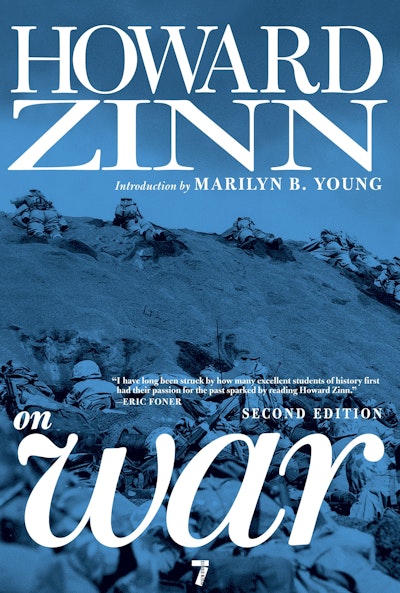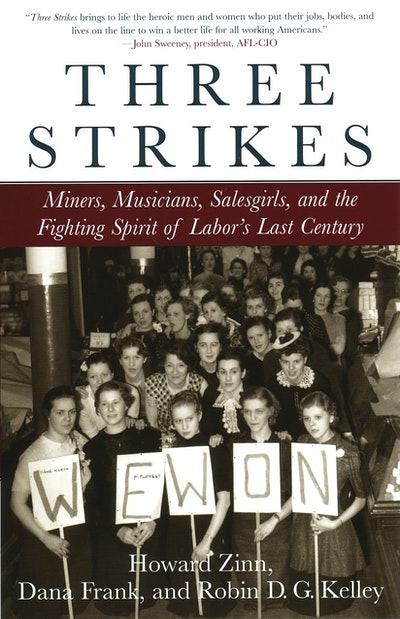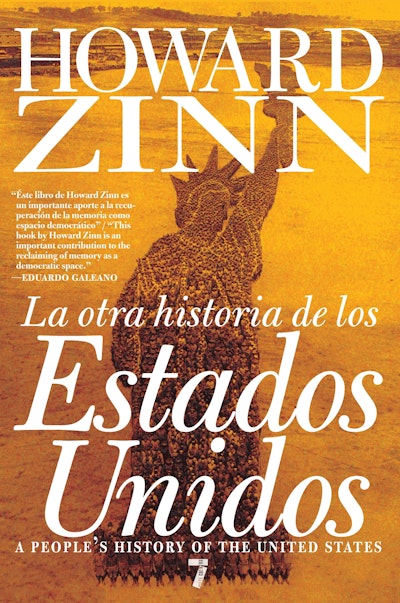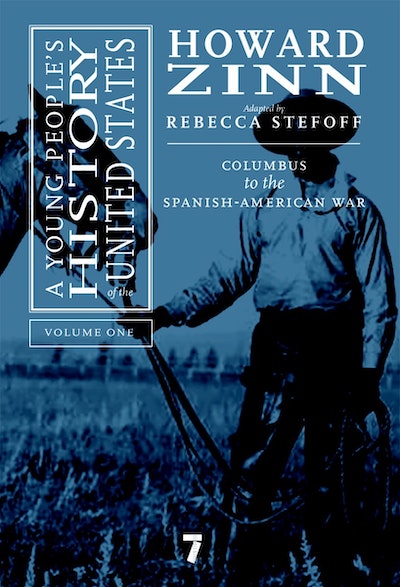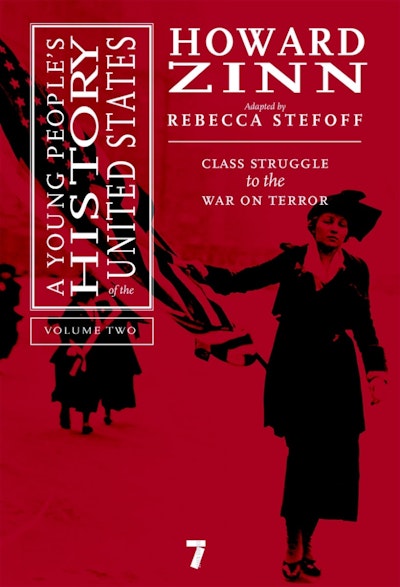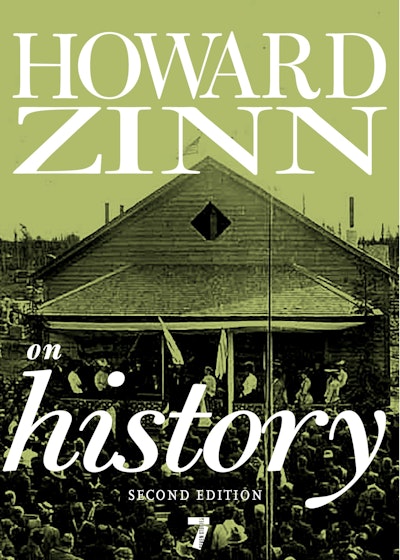[]
- Published: 15 July 2011
- ISBN: 9781609801335
- Imprint: Seven Stories Press
- Format: Paperback
- Pages: 272
- RRP: $32.99
Howard Zinn On War
Formats & editions
Buy from…
- Published: 15 July 2011
- ISBN: 9781609801335
- Imprint: Seven Stories Press
- Format: Paperback
- Pages: 272
- RRP: $32.99
"He's changed the conscience of America in a highly constructive way. I really can't think of anyone I can compare him to in this respect." --Noam Chomsky
"Howard had a genius for the shape of public morality and for articulating the great alternative vision of peace as more than a dream." --James Carroll, columnist for the Boston Globe
